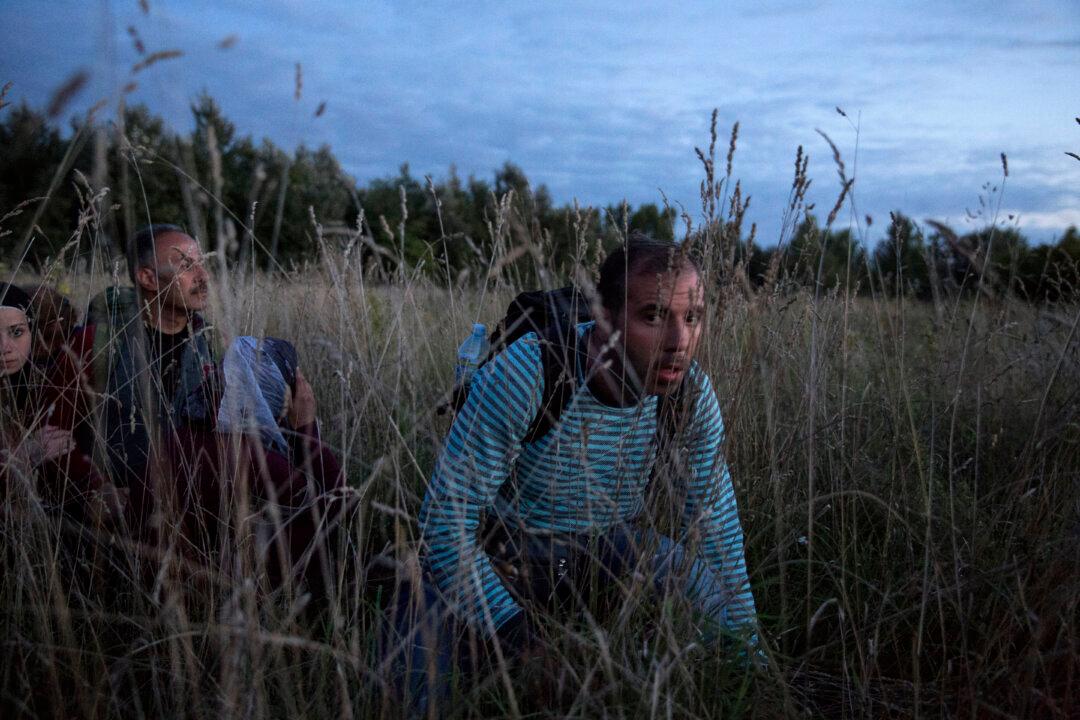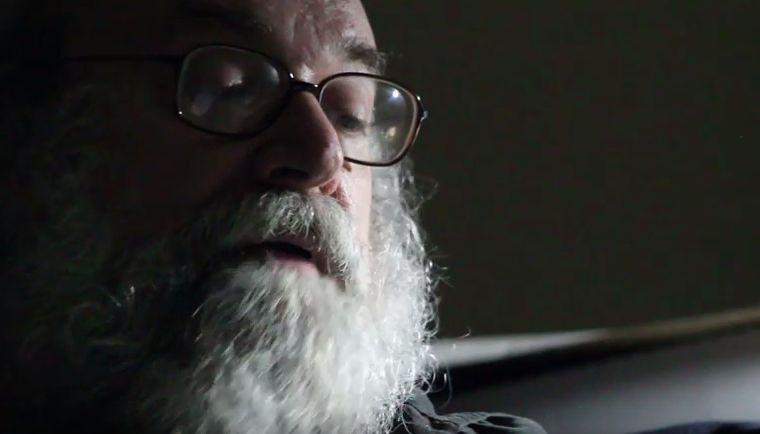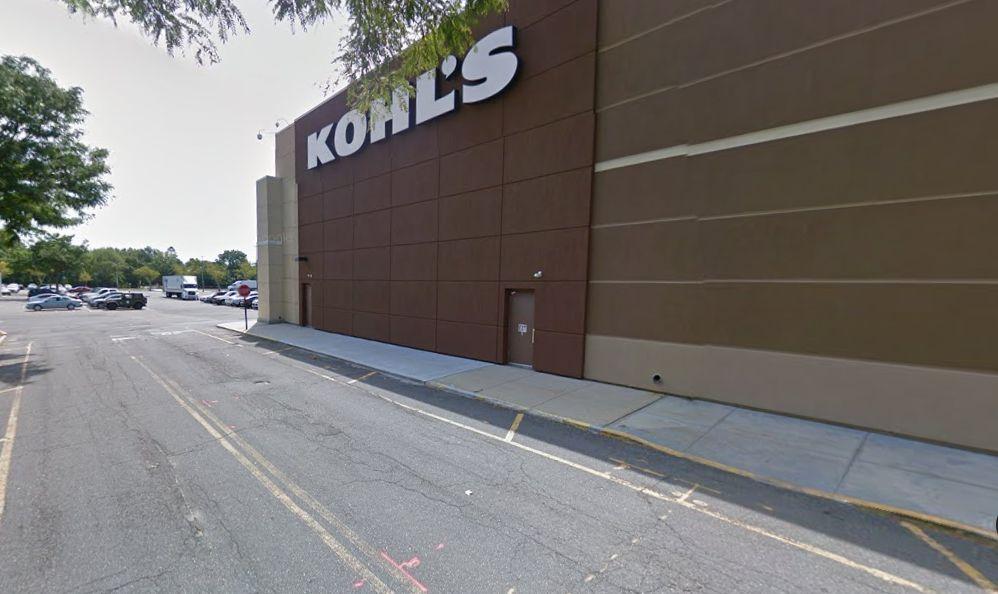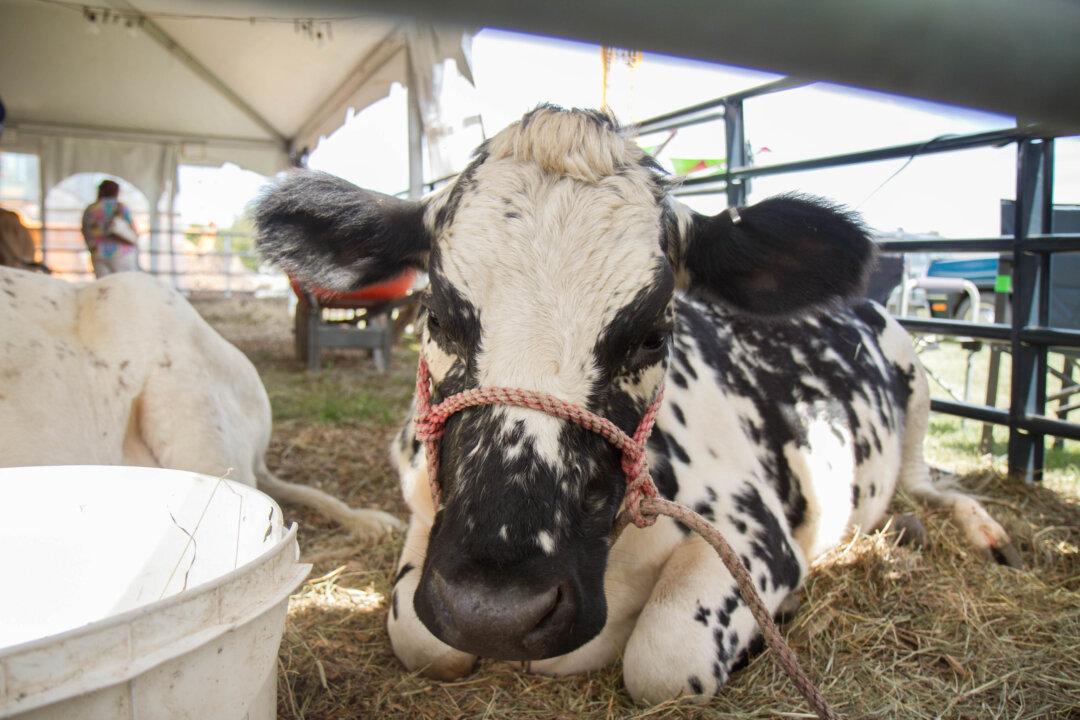BRUSSELS—The tens of thousands of refugees rushing razor-wire borders or cramming into Germany-bound buses and trains have laid bare the weaknesses in the European Union’s migration policy and exposed a deep East–West rift tearing at EU unity.
Despite the scale of the refugee emergency, many Eastern European and Baltic nations—former Soviet satellites with less multicultural experience and economic prowess than their fellow Western European countries—viscerally oppose being told to host migrants and refugees on their soil.
Their position is in stark contrast with that of Germany and Austria, which have opened their borders to thousands of migrants in recent days.
On Wednesday, European Commission President Jean-Claude Juncker will step up his efforts to get a faster response from the bloc’s 28 member nations, unveiling a plan to fairly distribute more than 120,000 people fleeing conflict zones like Syria.
That is unlikely to get cooperation from countries like the Czech Republic, Slovakia, Hungary, and Poland. In a joint statement last week, the four said they would not accept any mandatory or permanent quotas to take in migrants.
They have already rejected a previous EU attempt to share 40,000 refugees, only a fraction of what Juncker is seeking now.




